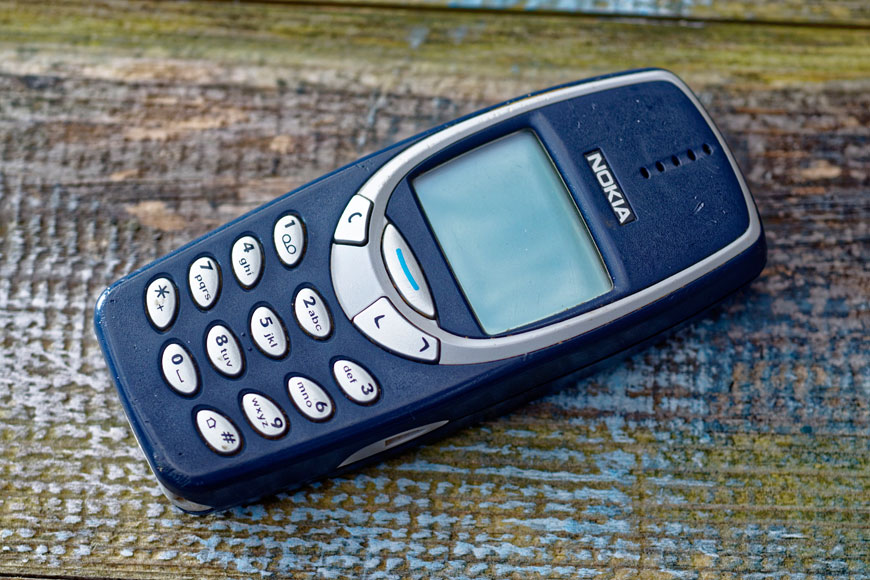Why Parents Are Buying a 'Dumbphone' for Their Kids
Yes, you can still buy a Nokia 3310 in 2019
14 July 2019
Maebelle

All Credits: PA
One of the trickiest parts of modern parenting is technology. How much should you expose your child to, and at what age?
There’s a tough balance between making sure your kids can contact you whenever they need and limiting exposure to the more toxic elements of smartphones and our constantly connected world.
This is where ‘dumbphones’ come in, and they’re fast becoming a go-to purchase for parents. So what is it all about?
Parents are increasingly buying dumbphones as first handsets for younger kids. They’re appealing because they have a long battery life, are basically unbreakable and easy to use.
Hayman does stress that “a primary school student has no reason to have a phone.” In her opinion, unless family circumstances dictate it (for example, if you’re in a split family and the child needs to contact the parent they’re not living with) you should only be buying a phone when your child goes to high school.
“Phones come into play when a child goes to secondary school and is maybe travelling to school on their own or wants to go out with friends on their own,” she explains. Hayman thinks starting a child out on a basic phone as their first handset is a good idea, because it gives them the opportunity to “show that they understand the responsibility, show they understand what they’re getting into when they get a smartphone. It should be something that’s earned, not automatically given”.

























.png?itok=SvZPqMHH)




.png?itok=uB2ieOR7)












